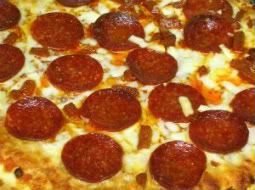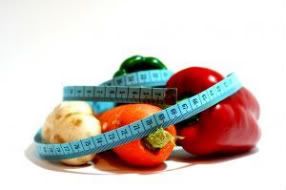However, I do understand the curiosity. We want to know how we appear to others. In the past, I've asked my boyfriend or friends "Am I bigger or smaller than that girl?" or even asked them to name someone of similiar size, because I wanted to know if my own perception was realistic. But as you can imagine, my bf was a little hesitant to answer that question, and you can never be sure if you're getting accurate answers.
So finding two sites on the Internet that could help me out was a big help! Illustrated BMI Categories on Flickr and this Photographic Height/Weight Chart provide large photo collections of people of various heights and weights.
On Illustrated BMI Categories, you will have to click through each individual person to find one close to your measurements, but the time is well-spent. It's interesting because the creator has already calculated the subject's BMI. So if you know your BMI, you could find an approximation of what you'd look like if you were much taller or shorter. It seems like the goal of the site is too demonstrate the absurdity of BMI, because most people labeled "obese" look like very typical Americans, but I don't think we should accept the fact that they look average to mean that they are healthy.
On the height/weight chart, you will only have to find your height on the side of the chart and weight at the top, then find where they meet to see a picture of a girl with stats close to your own.
Of course, take into consideration different body shapes, muscle mass and fat. But I still think you'll find it interesting!














